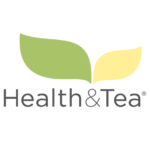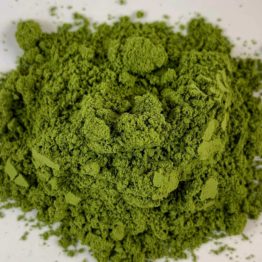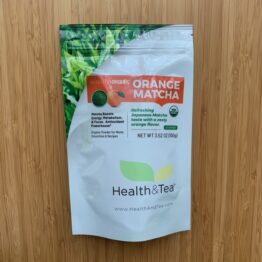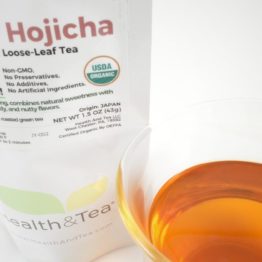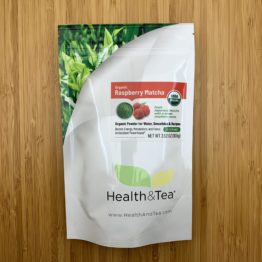Health Notice — In general, drinking tea appears to be safe at moderate, regular, and habitual use for healthy adults [1]. For example, drinking three to five cups of green tea per day (up to 1200 ml per day) provides a minimum of 200-250 mg of catechins per day, which is considered a desirable daily intake by a group of scientists in Germany, the United Kingdom, and Italy [1]. More than five cups per day is too much according to WebMd [2]. Both healthy eating and physical activity are important for a healthy life style [3]. Tea is a healthy beverage, but it not a substitute for fruits or vegetables. While you may enjoy drinking tea every day, do not forget to eat fruits and vegetables, and to stay active regularly.
It is good to drink tea every day, but too many cups might be an issue for people concerned about caffeine intake. Unless decaffeinated, tea contains caffeine. According to the USDA’s National Nutrient Database 2010 [4], a cup of brewed black tea prepared with tap water contains about 47mg of caffeine, which is about half the amount of caffeine in a cup of coffee made with the same amount of water (95mg). Other types of tea, including green, white, and oolong tea have much less caffeine content than black tea, according to the Linus Pauling Institute at Oregon State University [5]. About 200-300 mg of caffeine daily (about three cups of coffee) is regarded as a moderate amount for healthy adults [3]. If you are pregnant or have concerns about caffeine intake, please consult with your doctor.
Tea has the potential to affect the absorption and metabolism of iron because the flavonoids in tea interact with a variety of metal irons. For people at risk of iron deficiency, researchers suggest drinking tea between meals and waiting at least one hour after eating before drinking tea [6].
During the past five years, more than 1900 articles were written about green tea in PubMed (U.S. National Library of Medicine). The researchers were from well-known research institutions, laboratories, and universities throughout the world. In addition, more than 300 studies had research support from the U.S. government. Here, we conducted an extensive literature review from PubMed (U.S. National Library of Medicine) to update and report some scientific findings for the potential preventative benefits of tea in humans.
Research References:
- Boehm, K., Borrelli, F., Ernst, E., Habacher, G., Hung, S.K., Milazzo, S., and Horneber, M., 2009, et al. 2009, Green tea for the prevention of cancer, Cochrane Database of Systematic Reviews, issue 3, [Abstract]
- WebMd, Find a Vitamin or Supplement: Green Tea, [link], (May 2011).
- Healthfinder.gov, Quick Guide to Health Living, http://www.healthfinder.gov, (May 2011)
- USDA National Nutrient Database for Standard Reference, Release 23. 2010, http://www.nal.usda.gov/fnic/foodcomp/search/, (May 2011).
- Tea Summary, Micronutrient Research for Optimum Health, Linus Pauling Institue, Oregon State Univeristy, http://lpi.oregonstate.edu/infocenter/phytochemicals/tea/, (May 2011).
- Nelson M, Poulter J., “Impact of tea drinking on iron status in the UK: a review., J Hum Nutr Diet.2004 Feb;17(1):43-54. [Abstract]
- FDA, Letter Responding to Health Claim Petition dated January 27, 2004: Green Tea and Reduced Risk of Cancer Health Claim (Docket number 2004Q-0083) (Docket number 2004Q-0083), http://www.fda.gov/Food/LabelingNutrition/LabelClaims/QualifiedHealthClaims/ucm072774.htm, (May 2011)
- FDA May 9, 2006, Qualified Health Claims: Letter of Denial – Green Tea and Reduced Risk of Cardiovascular Disease (Docket No. 2005Q-0297), http://www.fda.gov/Food/LabelingNutrition/LabelClaims/QualifiedHealthClaims/ucm073207.htm, (May 2011).







